I am not Trayvon Martin
By Hernan Hormillosa
I am not Trayvon Martin. I am much older than he was, but I can visualize the fear he must have shown on his face mixed with anger, this 17-year-old dark-skinned human being.
I had experienced being followed by a security guard who didn’t know I have a Bachelor in Chemical Engineering and a Master in Clinical Social Work from prestigious universities and been counseling people like him getting over the monotony and despair of working alone on night shifts — and relying on too much coffee and alcohol to soothe one’s existential loneliness during graveyard shifts.
Over the years, people had raised eyebrows because I had relapsed into enunciating my first language’s accent. You see, English is my third language. But does an accent define one’s intelligence or worse, his worth as a man or a woman? Anyone who speaks multiple languages has a tendency to cross the language barriers subconsciously.
Because my skin turns from off-white to brown with different shades as winter turns to spring and summer, I experienced getting different degrees of treatment by the same people at different seasons. Why do people with lighter skins get better service from some cashiers?
My friend (a naturalized American citizen) got questioned by a white police officer and was asked for his ID because he looked like a brown Latino in, of all places, ultra-liberal New York City. The cop called the government hospital he worked in as a wheelchair technician to verify his story. I later found out they justified the interrogation since NYC is a port city.
I was once mistaken for a Chinese and labeled a “f_ _ _ing chink” by a drunk white man as I went to church. People invariably ask me where I come from because I have an Asian face and a Hispanic name, sometimes with suspicious stares. The hardest take was working in a clinic full of minorities. Since I was the only Filipino American, people would speak their native languages in front of me – everyday. Sometimes, I felt invisible and clueless in a Babel of voices I could not understand. Prejudice and racism cascaded down against me in a pecking order structured by the “dominant” white race and perpetuated by members of minorities as a form of servitude and pleasing the masters.
So, when I go to strange places, I put my best foot forward so as not to reinforce the stereotypes of minorities as rude, uneducated and clueless in the social ways of the white ethnic groups. I wear “decent” business casual clothes or blazers and shave my chin to lessen the probability of being frisked by the TSA. I got singled out twice out of a few times I boarded a plane after 9/11 happened for wearing blue-collar outfits.
People often ask me about my nationality. When I tell them I am an American citizen by virtue of “jus sanguines” (my mother is American-born), they raise their eyebrows like I came from Mars. “But where are you from? I did not mean New York.” I recall two of the most hurting incidents: when a bus terminal clerk told another Asian passenger “to go back to her country,” and I being deprived of my seat by a white man in a crab shack in Connecticut.
I realize I cannot compare the little pebbles of prejudice in my shoes (like reporting to my supervisor, a high school graduate and getting a 5-cent per hour raise, when I worked as a bookseller in a store chain years ago) to the terrible anguish and suffering of Trayvon’s mother. But, have you ever worn a shoe with sharp little stones under your feet’s soles?
Nowadays, I have matured enough to sublimate my painful experiences into making sure I do not fall into the trap of replicating the same hurtful biases of stereotyping I experienced earlier in life. It doesn’t help, though, that popular personalities in multi-media and the arts whitewash their physiques with bleaching creams.
All these notwithstanding, I have great hope that America will find a way to bridge these multiple racial divides. I have friends and acquaintances from many ethnic and racial groups. I have found them to be decent, respectful homo sapiens, but only when we all work together to solve this tenacious stain in our social fabric. It starts with looking deeper than the hue of one’s epidermis, the geometry of our faces, and reaching out to the heart of our beings as co-sojourners in our existential travels, and travails, no less. The alternative is extinction.
Hernan Hormillosa is a licensed social worker and therapist who practiced in New York for many years. He is a graduate of Fordham University’s Graduate School of Social Service. He now lives in New England.



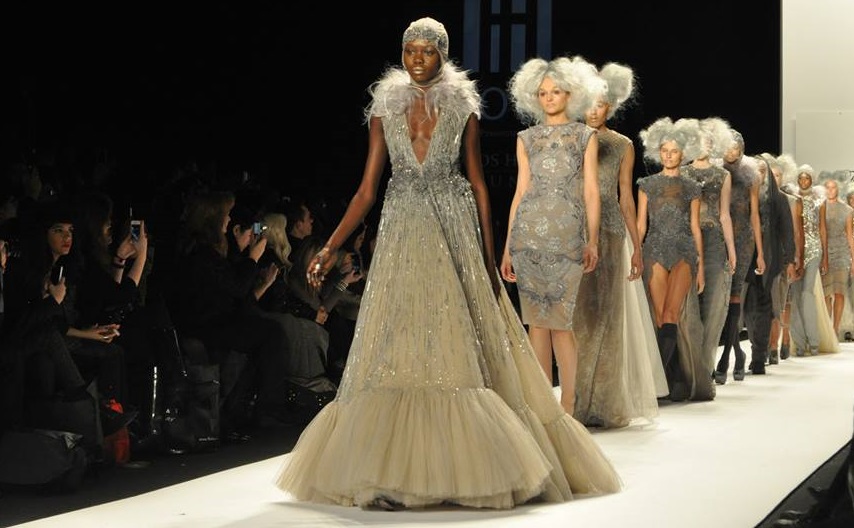
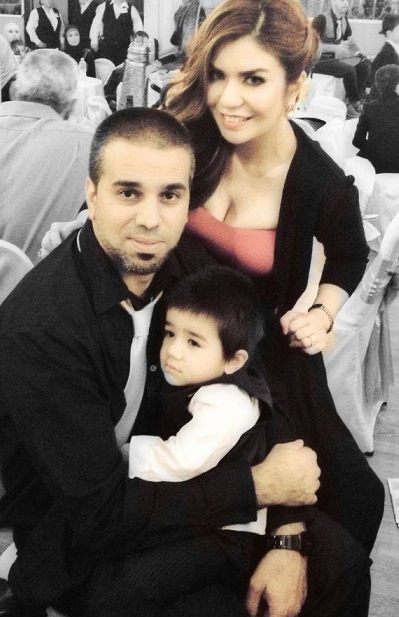
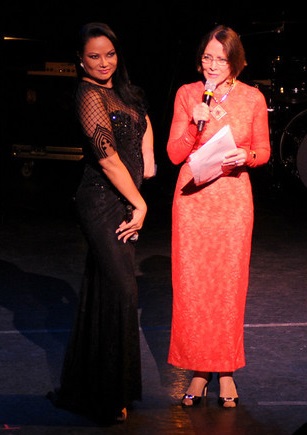
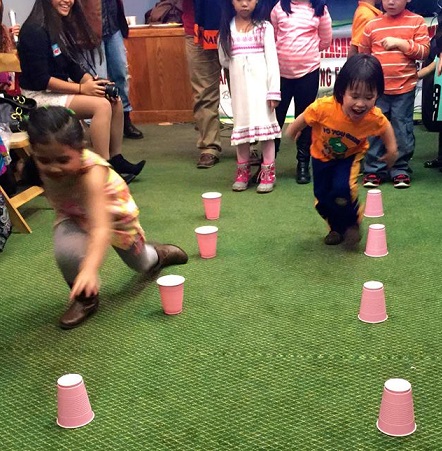

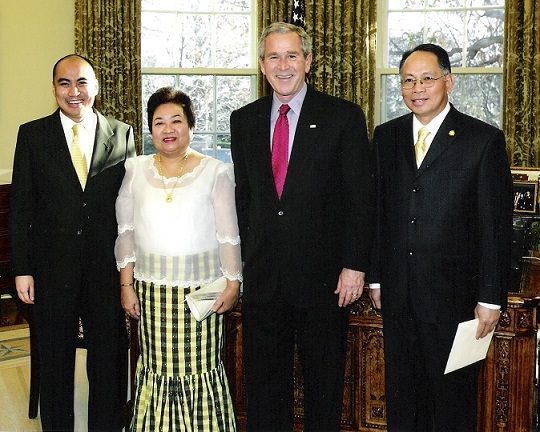
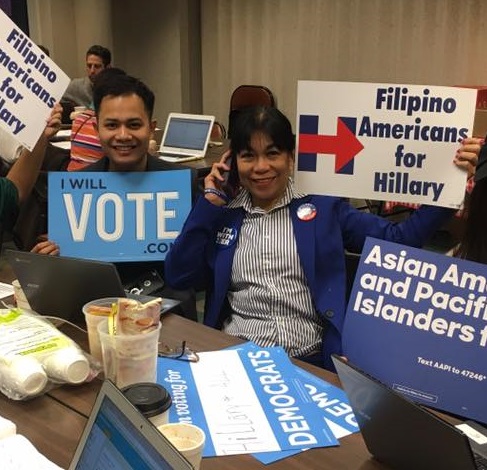


Dear Mr. Hormillosa,
I have read your article very carefully, and I do agree with what you have stated in it. I have been to the Philippines and I found out that discrimination and racism and sexual harassment on the job exist in your beloved Motherland just like in the USA.
In fact it maybe be more in the Philippine when it comes to the color of your skin when getting a job in the office, TV shows, banks and department stores. The darker you are the less you got a chance to get a job in those fields.
Women need to be under 24, college graduate, sexy or attractive and un- married in order to get a job, but its only 6 months contract at a time with not benefits a bloody low wages. Not enough to have a roof under your head.
Sir, I can go on and on in what’s is wrong in the Philippines, but I need not say much no more.
I do hope you can stand up to any bully who may disrespect you. I say don’t let anyone take you for granted. Stand your ground and demand Respect.
Good luck and best wishes to you/love one, I do remain
Respectfully yours,
M. Matthews, NYC
[…] Hormillosa also penned a reaction piece that was published in The FilAm, entitled “I am not Trayvon Martin.” He’s not a black teenager – and certainly not one shot and killed – but he can […]
FILIPINO-AMERICANS ARE NOT TRAYVON!
“It will not happen to any Filipino-American.” claim some Filipino-Americans. In fact, if it were a Filipino-American doing the same neighborhood watch, he or she may actually be in the same panic mode as Zimmerman. To shoot him point blank whether in self-defense or simply because Trayvon is black, is something we may never know. No Filipino has been convicted of such. Gay men killing rich white gay men, but that’s another story.
It’s a hard fact to swallow, but ask your immigrant Filipino parents or uncles and aunties, and chances are they may not be as sympathetic to Trayvon. Okay so maybe not your parents, but you would know of at least one Filipino parent or individual who is. Chances are they are either married to a black person, or who has co-workers, neighbors and friends who are black. Otherwise, Filipinos sympathetic to blacks are the exception rather than the rule.
In general Filipinos (including those in the Philippine Islands), more so than Filipino-Americans (those who either grew up or were born in the US) are prejudiced against black people (it’s slightly different from being outwardly and overtly racist, but still…). It remains a fact.
Racial prejudice and racism is a cultural trait inherited by the Philippine society from at least a century of US cultural imperialist domination. From music, to movies, literature, educational system and about everything else culturally, the Philippines has been saturated and dominated (rather indoctrinated) by American media. And by American media, that means “white” American culture.
To be black or to have a darker shade of skin in Philippine society always equate to inferiority (are you surprised?). Indigenous blacks (Aetas) are one of the most discriminated national minorities in the Philippines. Being dark skinned in the Philippines is always akin to lower class, uneducated, unskilled, uncivilized, etc. There are many derogatory terms used to describe the inferiority of blacks in the Philippines such as: egoy, nog-nog, ulikba, among a few. The popularity of skin-whitening products in the Philippines is a clear manifestation of a social consciousness in the superiority of the white skin. Thanks to the US controlled mass media that glorifies anything that is US or European. No wonder Snowden suddenly became such a famous figure in the Philippines.
I don’t have to cite many other examples other than the most recent issue of Senator Binay. I rest my case. No please don’t bring up Apl or Derrek Ramsey, that is not the issue here.
So, how can we expect Filipino-Americans, who most likely inherited the same prejudice from their immigrant parents to declare “We are Trayvon Martin”? Statistically there more Filipino immigrants than there are US born and raised Fil-Ams.
We are not. Filipino-Americans and Filipino immigrants are not and will never be.
Not to say that there isn’t a significant number of young Filipino-Americans who strongly identify with the black culture. Many young Filipino-Americans have embraced the hip-hop culture as their own. They identify with the blacks in many ways dues to the mostly “class” issues they confront in their own communities. They identify as being people of color-at-large. Not necessarily “black”. In the case of many Filipino youths in Southern California they tend to blend-in with the Chicano culture more than blacks, “as long as it’s not white”. Still, it does not make them “Trayvon”.
One simply has to look at the outstanding relationships of the various POC gangs in the inner cities. Again, I rest my case.
It’s a very sensitive issue, but you know it’s there. You know you’ve encountered and seen it before. You’ve experienced it and you silently comfort yourself in knowing that as a Filipino descent, you know that you are somewhere up the ladder from being black. Not white enough, but not black. You also know the statistics. Filipinos ain’t there on the NYC “Stop n Frisk”.
The least Filipinos and Filipino-Americans can do is to acknowledge the existence of the issue of racism, both the systemic, institutionalized kind and the one that is present in our brains implanted by our white colonial masters.
Filipino-Americans are not Trayvon, but we can relate, we can understand, and we must stand in solidarity. In solidarity, we must stand sincerely and not because we have an agenda. Solidarity must come from the bottom of our hearts, as people who understand, as people who are enraged, as people who want to fight back.
I wouldn’t be surprised if most young Fil-Ams can actually relate to Trayvon because their parents are just like Zimmerman (hating on them because they dress and act like “black”). That’s a really tough one, but seriously, what do you think? Still, that doesn’t make you black.
Racism is a real issue, just like homophobia (that you were so proud to have won some victory, let Trayvon be a reminder of what is ahead), women’s rights (yeah right, of course, women have equal rights in this country, ask your devout Catholic tito boy and tita girlie).
There is an issue of race and racism that we need to confront, not just because of what happened in the verdict. In every Filipino and Filipino-American household, something needs to be confronted and be realized, too.
For your information. Filipino Americans have been attacked by white persons in the USA, because of their color of their skin. Now regarding the Trayvon Martin case. Lets keep in mind that a young black man was killed by George Zimmerman who’s background is, black on one of his grandfather side, white on his father side and Spanish on his mother side. Mr. Zimmerman was found not guilty of all of the charges against him and we must accept the verdict of this case in question.
Trayvon Martin could have been alive today if Mr. Zimmerman has not taken upon himself to be a wannabe Cop. Now Regarding the word “Prejudiced.” Show me a man and a woman who is not prejudiced and I will show you a Saint. Now when it comes to being racist. None of us were born to be racist. It was passed on to us by our family member (s) or relative (s) and others. But we as an individual can learn to stop being racist by learning that every human being is special in his/her own ways and merit them with respect, dignity and brotherhood.
What we need to teach our young people in schools everywhere in the USA is, to respect everyone that they may come before them no matter what his/her accent, language and skin color. Regarding why blacks in American suffer more of our society imperfection. Great numbers of black people in America have not being accepted by all groups or races in American more then so called other minorities who suffer discrimination and prejudice’s in America.
Lets face this one major factor why it is so? Great percentage of white, white Hispanic and Asian people living in the USA have a negative image of black teen and black man under 40 year old of age. This bring the negative factor of “Fearing” them when you may encounter them on the streets where you live (unless you know that they live in the area from knowing them personally or visually) or where you may be. Also, the so called ” White” media/press in USA have them portrait in negative manners by negative crime news reports about black attacking and other non-black on our city streets and neighborhoods.
What can we do to change the negative image of the young black men in America? Improving the educational systems in our poor and mostly segregated streets and neighborhoods. Having after school programs to help them with school work and providing social and civil activates in order to enrich their lives. Stop the whole sale of imprisoning young black offenders in our nation jails. We need to help them find work and teach them job skills that they can make a living at and be able to support themselves and their families by being paid a decent living wages, stop the whole sell negative in the media/press against black youths and black men.
What I’m saying is, blacks in America need to be accepted as another humane being living in the USA.
What they lack is, that they don’t fell that the have been accepted by others races living in the USA.
Black professors have stated that “black in America are still suffering from psychosomatic trauma” in regard in how they feel or perceived to be accepted by whites in America. This is some how been going on for hundred’s of years and it still causing a problems in how they feel about their confidence as member of the society .
I have no problem about people marching on the streets of our nation about how they feel so angry or outrage about Mr. Zimmerman being acquitted of all charges against him. What is need more leadership on the part of black community leaders to work toward improving the lives of black in America, by demanding justice and changes in order to improve the image(s) and social and economic standing of black in the USA .
As an American citizen I urge all of our civic and religious leaders to start working together to make the USA a better place for everyone regardless of their race, color, national origin and gender.
I liked the article. Being white, I have not encountered discrimination in the west. It must be awful when it happens. I have however encountered it in other countries, including the Philippines. It annoys me slightly but at the same time I have grown to expect it. That is what happens when one is different. I have worked in Tanzania for quite some time and it was very noticeable there. I don’t think it would stop me living in another nation such as the Philippines, or Tanzania for that matter, but perhaps human nature is such that this type of issue will change only slowly, if at all.
I am more interested that you felt it necessary to mention bleaching creams – and it seems to elicit some resentment on your part. This is something that another (male) author also mentioned.
Do you feel that it is equally inappropriate that white women spray tan themselves or use sunbeds? Do you therefore feel that people who choose to change their appearance have some deep-seated cultural inferiority complex or that they are dissmissive of their cultural heritage? Frankly I don’t agree with that. I canvassed opinion of a number of filipono friends I have on this topic. The results were clear. The men as a whole seem to object while the women did not. I am curious why you think that is?